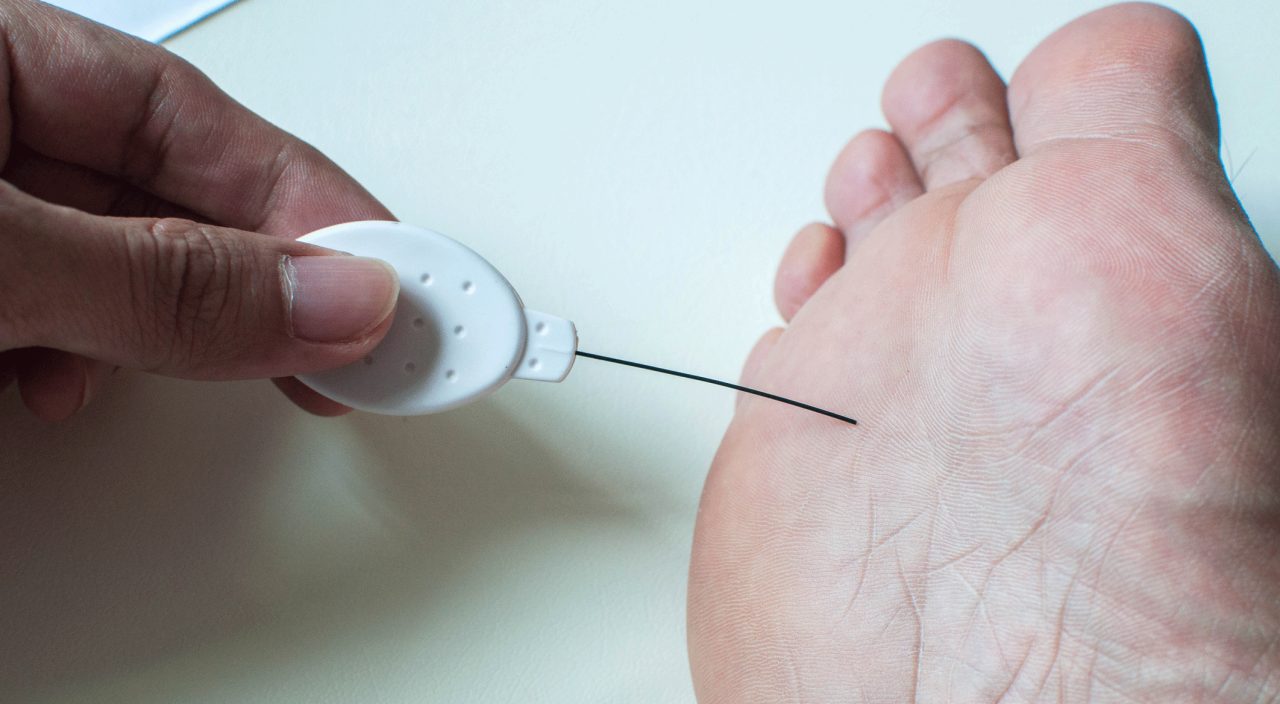Gabapentin Side Effects

Gabapentin is prescribed to manage epileptic seizures and to treat nerve pain. Learn about possible gabapentin side effects in order to use the drug safely.
Gabapentin (sold under the name brands Neurontin and Gralise) is a prescription medication used to treat neuropathy — pain from damaged nerves. Gabapentin is prescribed to soothe the often-miserable discomfort of neuropathy following a bout of shingles (which occurs when the dormant chickenpox virus, varicella zoster, is reactivated in nerve tissue). The medication is sometimes prescribed for diabetic neuropathy, too. In addition, gabapentin is used to help control seizures in both adults and children three years old or older.
YOU MIGHT ALSO LIKE: How Do You Get Shingles?
Like any drug, gabapentin can affect people differently — and that includes the kinds and seriousness of potential side effects associated with the medication.
Gabapentin side effects can be mild or serious
Research published in the Cochran Review analyzed the results of 37 studies about the effectiveness of gabapentin for nerve pain and concluded serious gabapentin side effects are not common. However, unusual sleepiness and dizziness are frequently reported gabapentin side effects.
While these effects are usually most pronounced when you first start taking the medication and may improve or even go away over time, it’s important for your safety, and those of others, to stop certain activities if you experience these side effects. For example, the Food and Drug Administration (FDA) warns that driving and operating heavy machinery while experiencing drowsiness and dizziness from the drug can be dangerous.
The duration of these side effects after starting the drug therapy can vary from person to person, and the FDA notes you can’t accurately assess your own ability to drive. So it’s important to discuss any side affects you experience from the drug with your doctor to make sure it’s safe to drive or operate machinery.
Other side effects that are not uncommon include fatigue and ataxia — a lack of muscle control or coordination causing involuntary movements.
A variety of less common side effects have also been reported, the National Center for Biotechnology Information points out, including chills, cough, pain, or swelling of the arms or legs and sores or ulcers on the lips and mouth.
If you or your child are taking gabapentin to treat epileptic seizures, it is crucial to not stop taking the medication abruptly due to any side effects — doing so can cause seizures. Work with your doctor to find other therapy options instead of quitting gabapentin cold turkey
Allergic reactions to gabapentin are rare, but they may be life-threatening, according to the FDA. If you develop a rash, hives, or trouble breathing after taking gabapentin, contact your doctor ASAP or call 911.
We can’t emphasize this enough: Gabapentin may cause suicidal thoughts
Certain anti-seizure medications, including gabapentin, may cause an increased risk of suicidal behavior and thoughts, according to the FDA. These gabapentin side effects can occur at any age, whether a person is prescribed the drug for seizures or nerve pain. If you are taking the drug and have new or worsening depression, changes in mood or behavior, and suicidal thoughts, contact your doctor immediately.
Caregivers and family members of a patient who is taking gabapentin should also be on the alert for any new or deepening signs of depression, unusual behavior, and talk about self-harm and report concerns immediately to the patient’s doctor.
According to the FDA, children between the ages of three and 12 who are being treated with gabapentin for epilepsy may have side effects related to the central nervous system that affect behavior — including hostility and aggressive behavior, concentration problems, and hyperactivity. Although these gabapentin side effects are usually mild to moderate, it’s important to discuss any changes in a youngster taking gabapentin with the child’s pediatrician.
Updated:
March 31, 2020
Reviewed By:
Janet O’Dell, RN